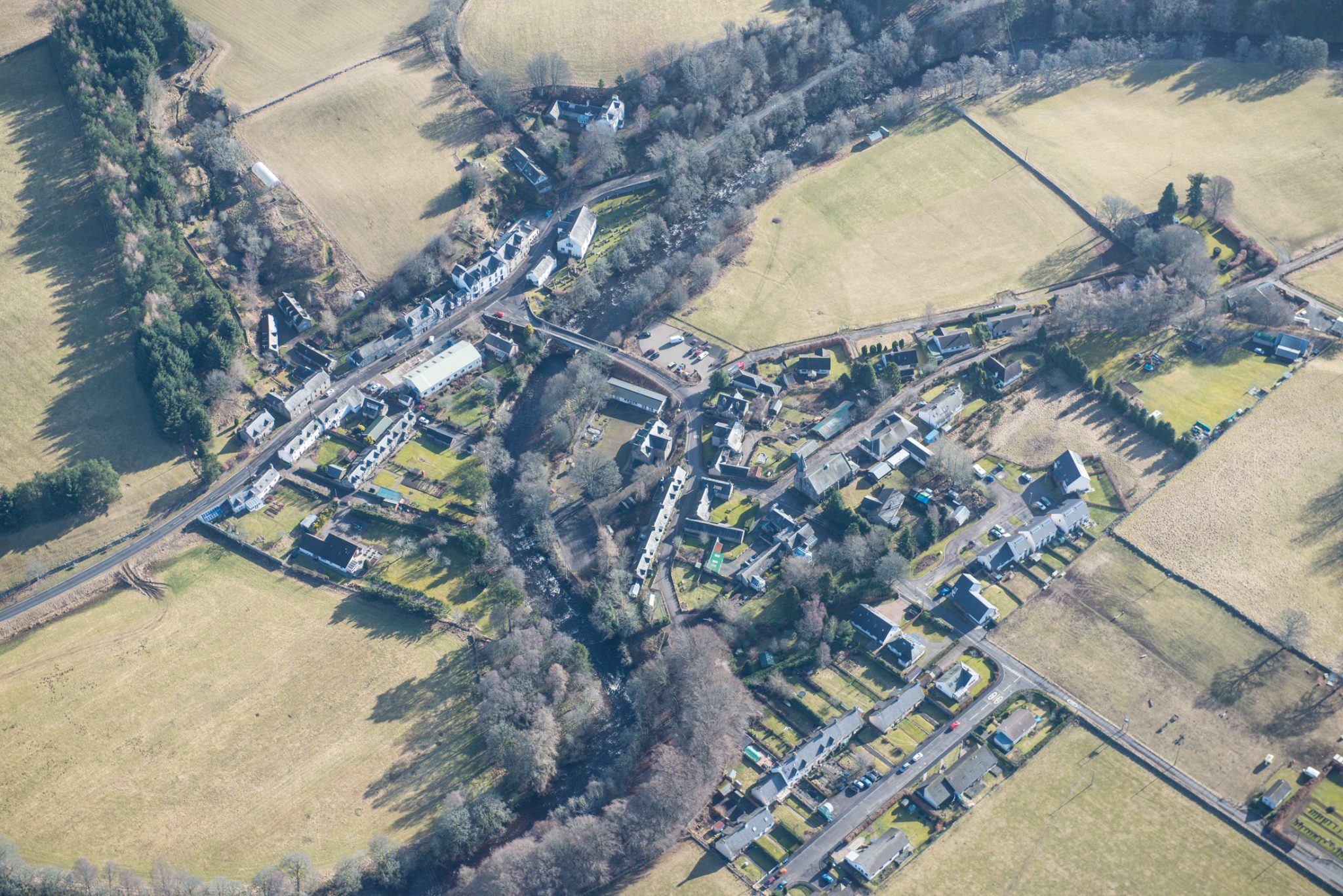Back in 2017, a project called Cateran’s Common Wealth was initiated and produced by one of the Ecomuseum’s founding Directors, Clare Cooper, together with her long-time collaborator Donna Holford-Lovell.
The project used Tayside’s Cateran Trail, which circles through the Cateran Ecomuseum area, as a stage for a year long programme of diverse arts, cultural and heritage activities and events aimed at inspiring people to think about and celebrate our ‘common wealth.
The original phrase “the common-wealth” or “the common weal” dates from the 15th century and comes from the old meaning of wealth, which is well-being. Today it defines the things that belong to all of us: the biosphere on which we all depend; our cultural heritage and history; public infrastructure like the judicial system and the internet. Some are bestowed to us by nature; others are the product of co-operative human creativity, some are new (think of Wikipedia), others are centuries old (like our language, our skills in managing the land, our myths and our musical traditions).

The Village of Kirkmichael showing the Bannerfield, photo © Historic Environment Scotland
All these and more are examples of assets we hold ‘in common’. Each forms part of a dynamic combination of laws, relationships, values, cultures, and commitments – interdependencies that are present in all our communities which enable us to live and work. The Cateran Trail itself exemplifies this ‘common wealth’ and the people who live and work around the Trail and the many visitors who spend time in this beautiful part of Scotland enjoy its abundance. Each of the activities and events in the Cateran’s Common Wealth programme were designed to offer new insights into these valuable assets and their importance in creating a more liveable world.
The producers’ hope was that by harnessing the perpetual physical presence of the Cateran Trail, together with the ancient metaphorical power inherent in pathwalking and path making, the project would act as a catalyst to involve, engage and inspire residents and visitors alike in revaluing this shared inheritance and find new ways to sustain it for future generations. That aim of acting as a catalyst was achieved as the Cateran Ecomuseum emerged out of this project and this part of our archive offers you access to a range of material that was produced.
This section links you to six documents written by the Scottish toponymist (a person who studies place names), Peter McNiven, who was commissioned by the Producers of Cateran’s Common Wealth to research and write up ‘Place Names of the Cateran Trail’. Place-names matter. They are a window through which we can glimpse Scotland’s past because they contain a large amount of information about such topics as people, the landscape, how that landscape was used, belief, and of course language.
Stage 1: Blairgowrie to Kirkmichael
Stage 2: Kirkmichael to the Spittal of Glenshee
Stage 3: Spittal of Glenshee to Kirkton of Glenisla
Stage4: Kirkton of Glenisla to Alyth
Stage 5: Alyth to Blairgowrie
Mini Trail